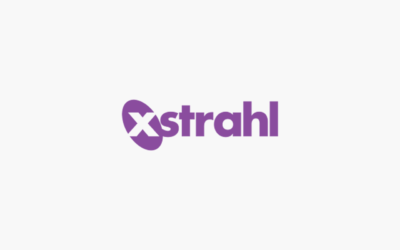OBJECTIVES:
Small animal radiotherapy research platforms such as XStrahl’s SARRP enable more precise irradiation of tumours and normal tissues in preclinical models of cancer. Using an orthotopic G7 glioblastoma (GBM) xenograft model we studied the impact of four different radiotherapy plans on tumour and normal tissue dosimetry.
METHODS:
Plans were created using four different approaches (single beam, parallel opposed pair, single plane arcs, couch rotation arcs) and dose volume histograms (DVH) for the tumour and the relevant organs at risk (mouth, ipsilateral brain, contralateral brain, brain stem) were compared for a sample mouse subject. To evaluate the accuracy of delivery, treatment plans were recreated in solid-water phantoms and delivered to radiochromic film.
RESULTS:
Favourable tumour dosimetry was achieved by all plans. DVH analysis showed that different plans could be used to spare specific organs at risks depending on the objectives of the study. The delivery accuracy of the various treatments was better than 2%/2mm (dose difference/distance to agreement) in terms of global gamma analysis.
CONCLUSIONS:
Small animal radiotherapy research platforms are an exciting addition to the pre-clinical research environment. Such systems improve the conformality of irradiation of tumours and OARs while maintaining a high degree of accuracy and enable investigators to optimise experiments in terms of tumour coverage and inclusion or exclusion of relevant OARs.
ADVANCES IN KNOWLEDGE:
This study confirms the utility of the SARRP in terms of the accuracy of plan delivery, and informs decisions on treatment planning to optimise the clinical relevance and scientific value of experiments.
Rutherford A, Stevenson K, Tulk A, Chalmers A.






